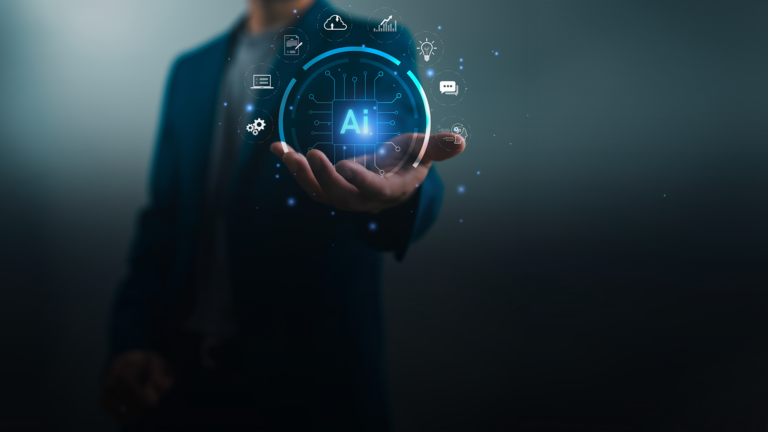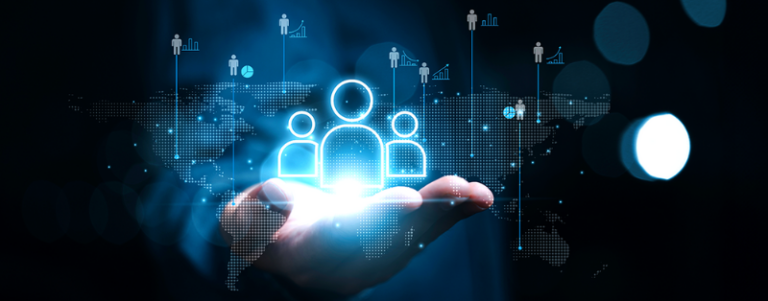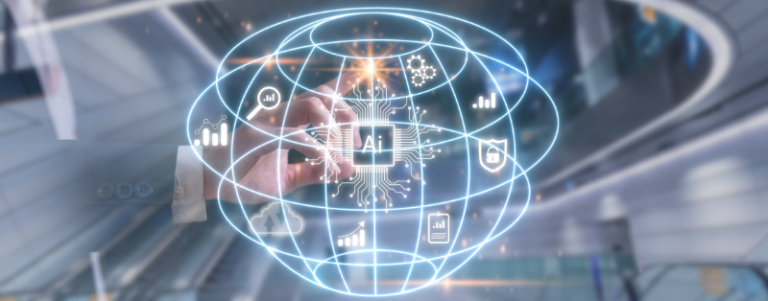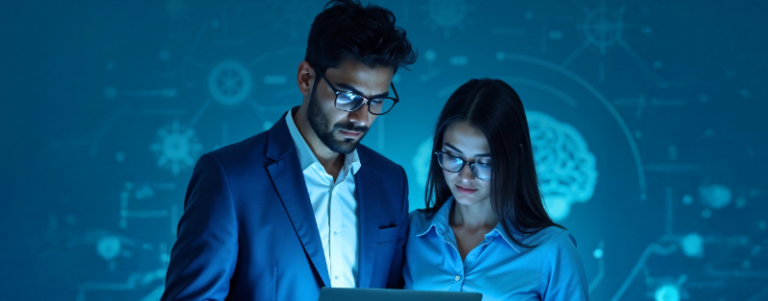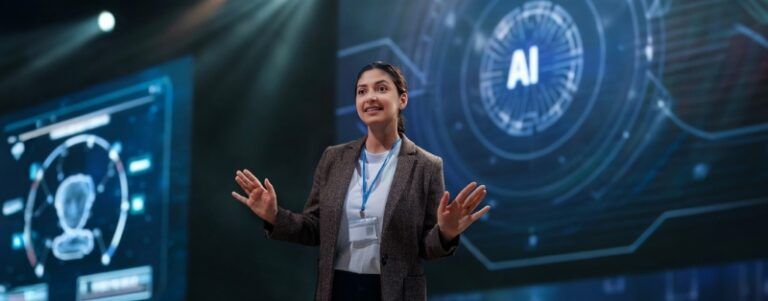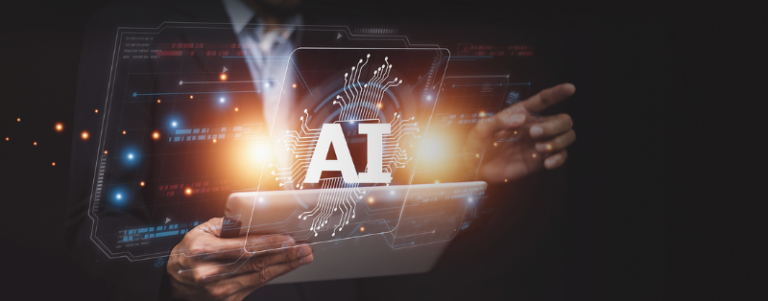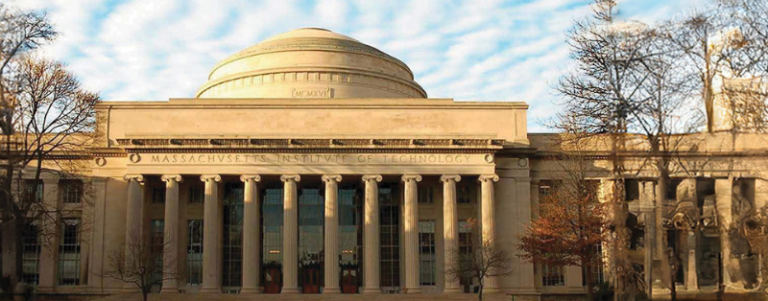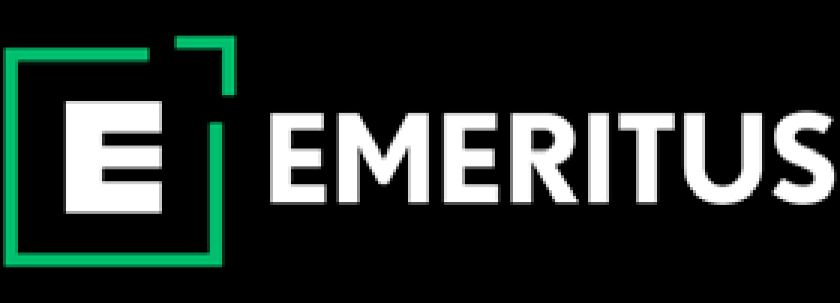Learning in a Frictionless World of AI

It’s the age of convenience. A kind of utopia for those who came before us. Everything except experience can be automated. Even thinking, the process which we thought made us unique (Sapiens literally means “one who knows”/wisdom/intelligence), different from every other species, is no longer exclusive to our species. With AI, we have begun outsourcing and automating thinking. With money as a seemingly permanent construct that bridges different forms of productivity—from human to agentic—the transition seems to be imminent. A whole lot of things have changed about the world. Though, the limited question for the purpose of this blog is—what happens to learning? And how is artificial intelligence changing learning?
Learning is Friction
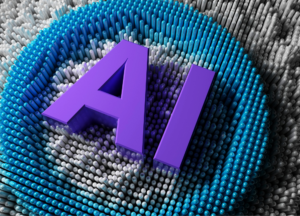
There are numerous different quotes across languages, geographies and cultures that all say that failure teaches you more than success ever could. One of the most famous ones attributed to Thomas Edison: “I never once failed at making a light bulb. I just found out 99 ways not to make one.” The challenge with generative AI is it’s so geared up for our convenience that in most cases, it won’t let us fail.
So how is artificial intelligence changing learning today? Let’s understand this from a familiar standpoint: the more conventional instruction from teachers to parents. Teachers often tell parents to not do their kid’s homework. They could help, but should never do it. With generative AI, however, there are no such constraints. It’s the big brother who does all our assignments without ever needing a thank you or promise of good behavior. And we no longer even need a good command over language to instruct it—an audio clip in broken language is just fine.
Every story, movie, novel, or comic has always taught us that the larger the obstacle, the more heroic our protagonist is judged to be. In the case of learning, friction/difficulty has always been the obstacle. It’s extremely suspect to say that without friction there’s any real learning happening. Yes, there’s still the possibility of observation, but not learning.
But Why Learn?
Sure, there’s a possibility that we might not learn much, but one can argue that the beauty of just observing/experiencing is a big enough reward on its own. After all, there’s a large number of people we all know who can spend most of their waking life with eyes glued to a screen—and still seemingly be doing fine with it.
So, the question is: In a seemingly frictionless world, with ample entertainment available at every moment, what really is the benefit of learning? Or probing more deeply, why learn anything when there’s a real possibility that an AI might always learn faster and better than you or I ever will?
Here’s a very pertinent example of how artificial intelligence is changing learning. When it comes to coding, ChatGPT’s already better than 93% of human coders (1). In medical expertise, August (2) has been scoring higher than most doctors across medical exams. This is also the case when it comes to mental health, writing, art, and even competitions such as Go, Chess. It seems imminent that AI will surpass our learning abilities in most fields, wherever monetizable.
So then, why learn anything at all?
Learning = Freedom
It’s extremely doubtful that learning will ever lead to one of those cherished goals—freedom. Anyone who has ever stepped into a classroom knows that learning never ends. It’s how parents forever fool their children—just finish this next exam and then you will be free. Yeah, like that ever happens.
Though, while historically, there has been a strong correlation between education and money, the future of this correlation continuing is a bit uncertain. In some specific niche disciplines, it could very well reinforce itself, in some others it may just wither. There surely could be an instinct to find those niches, though that’s still a shorter timeframe context.
Learning = Meaning
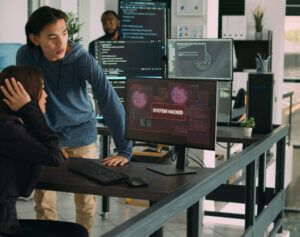
It’s often said about our species that man would rather die in search of meaning than live a life that’s meaningless. We have an obsessive, compulsive desire to seek meaning, make sense in our lives. And all our institutions—media, religion, education, courts, governments—in a way try to nudge/help/reinforce/force that meaning in our lives.
That’s the human condition—to keep seeking meaning. And learning is the process that helps us move forward on that path. The interesting bit is that given the variables in our birth, environment, people we meet, and sheer random luck, we all would have our own different journeys in finding those meanings. And that’s why we all will learn differently.
So, if we go back to the question of how is artificial intelligence changing learning. Here’s the answer: even in an AI-driven frictionless world, humans will keep learning. Our reasons may change, but there’s just something about constantly finding/creating new obstacles just so that we can have a few more stories to share, and create new meaning.
Some people find their meaning in gazing at stars, others in meditating till they find enlightenment, yet others who jump off cliffs/planes/space stations, and for some reason there are millions around the world who keep playing chess despite the full-knowledge that AI surpassed them decades ago.
Your move, chief.
NOTE: The views expressed in this article are those of the author and not of Emeritus.
Sources


